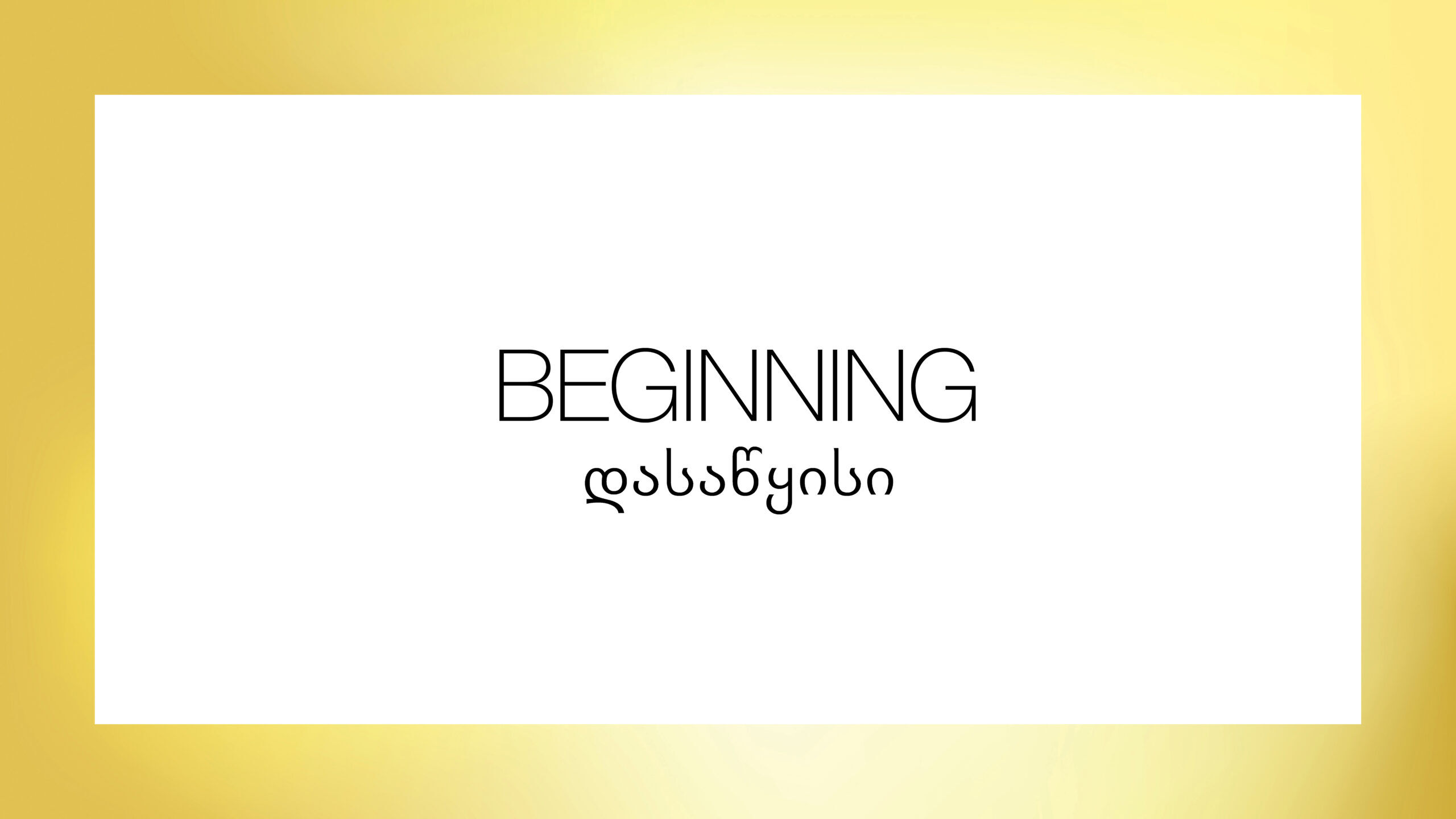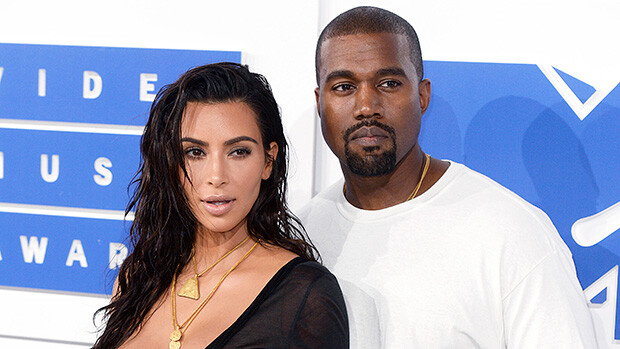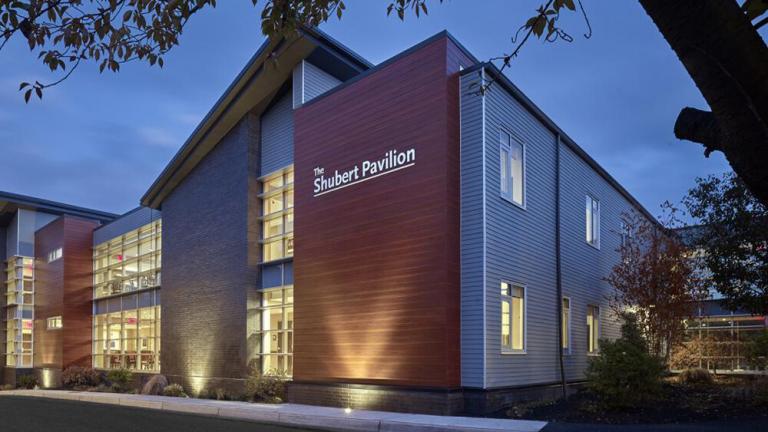Dea Kulumbegashvili’s feature directorial debut Beginning was a part of the official selection of the Cannes Film Festival’s 2020 edition, even receiving a special in-person screening during the event’s abridged celebration in October. The drama further was invited to the Toronto, San Sebastian, New York and Busan festivals and is also Georgia’s submission for the InternationalDea Kulumbegashvili’s feature directorial debut Beginning was a part of the official selection of the Cannes Film Festival’s 2020 edition, even receiving a special in-person screening during the event’s abridged celebration in October. The drama further was invited to the Toronto, San Sebastian, New York and Busan festivals and is also Georgia’s submission for the International […]FeedzyRead More
Full content below:
Dea Kulumbegashvili’s feature directorial debut Beginning was a part of the official selection of the Cannes Film Festival’s 2020 edition, even receiving a special in-person screening during the event’s abridged celebration in October. The drama further was invited to the Toronto, San Sebastian, New York and Busan festivals and is also Georgia’s submission for the International Feature Film Oscar.
The story is set in a small Jehova’s Witness community in provincial Georgia and kicks off when their prayer house is attacked. But the focus of the film is Yana, the wife of the community leader who is struggling with her own identity and desires.
Kulumbegashvili spoke with us for Deadline’s Contenders International event, saying part of the inspiration came from feeling like a stranger in her own home after returning from studying film in New York.
“I wanted to make a film about a woman who maybe in a more conventional narrative would be a secondary character, but at the same time I was very much interested in the themes of violence and isolation,” she says. “… At the time I started to write, I was living in New York and when I was coming to Georgia to spend time with my family I did encounter the community of the Jehova’s Witnesses and I could see how, because of the choice of their religion, they all of a sudden became strangers in the place where they grew up, and perhaps I was also experiencing questions about what does it mean to belong… Once you leave your home you’re an outsider in both places.”
In Georgia, the choice for a woman to study abroad is “not very common… Even for my family it was a question, ‘why do you study filmmaking?’ and it was not an obvious choice.”
Ultimately, her family was supportive, with her mother and nephew even acting in the movie, which is being handled by Mubi and Wild Bunch.
Kulumbegashvili uses very long sequences that are quite still and put the subject slightly left of center, as well as working in a 1:33 aspect ratio.
“I wanted to capture how time flows for this woman and how she lives in the spaces,” creating a film “that would invite the audience to look,” she says. “I was thinking how much do we really look at and see each other? We are surrounded by so much audiovisual material that maybe we don’t really see anymore… I knew I wanted to grab the essence of the moment and not only observe.”
For the director, she was also interested in “The theme of violence and what it is and how does it manifest in our everyday lives and how it can be something really big and extraordinary or maybe manifest itself in very mundane everyday life.”







